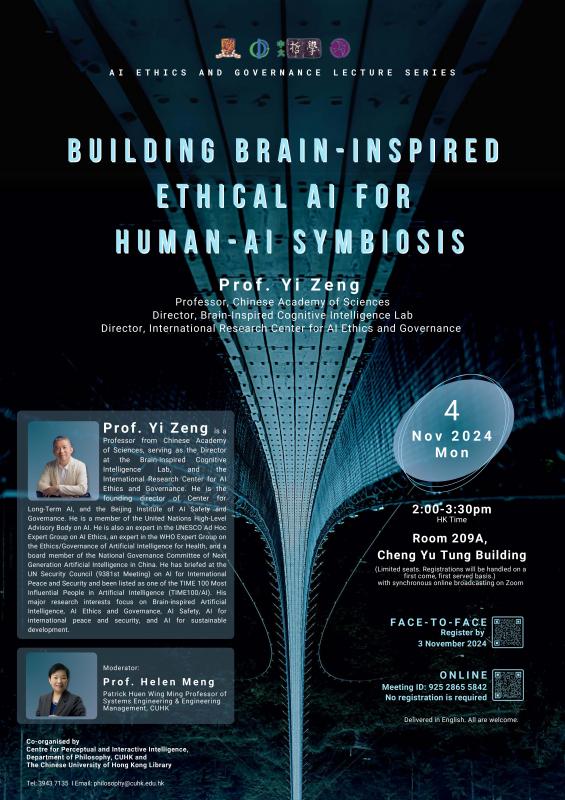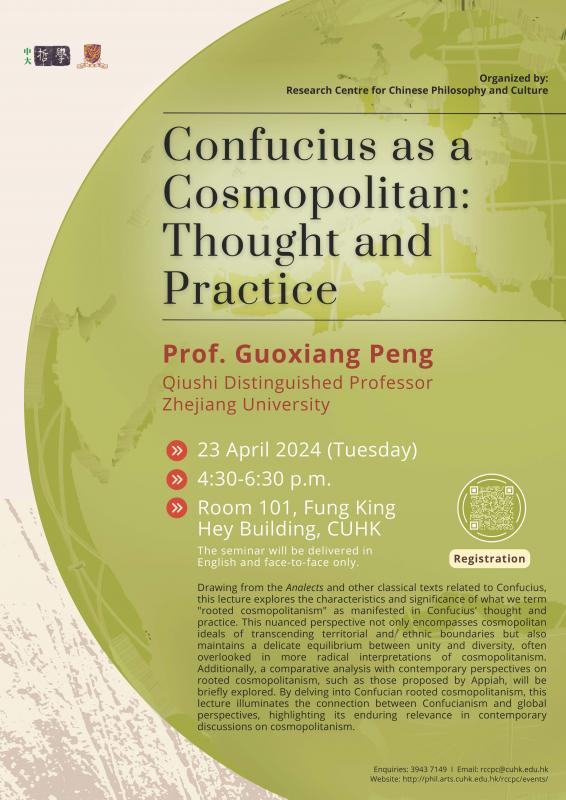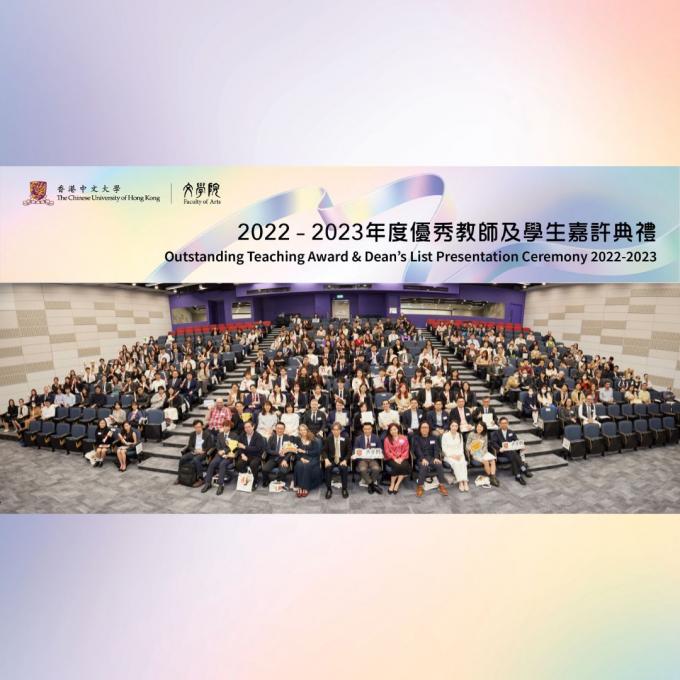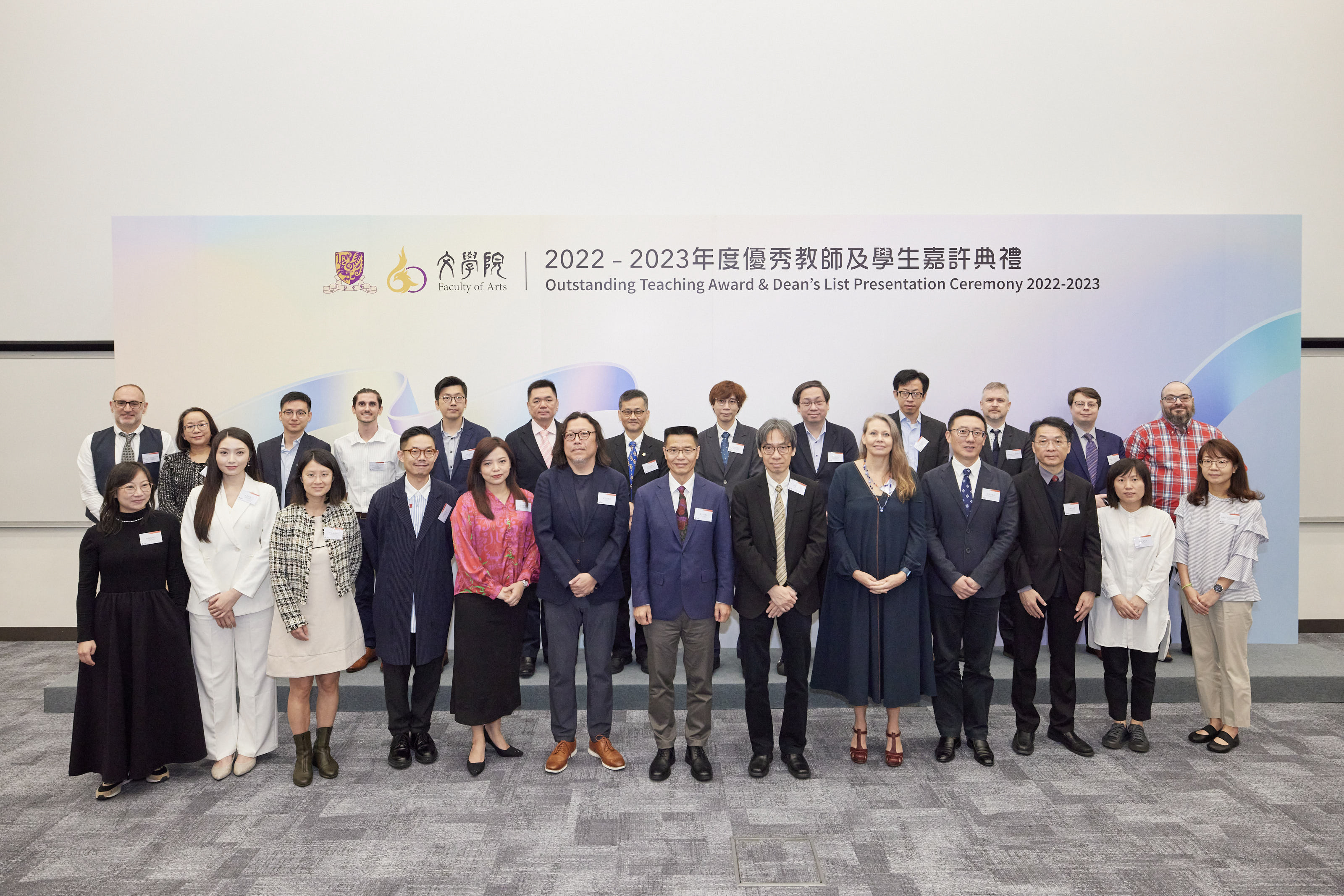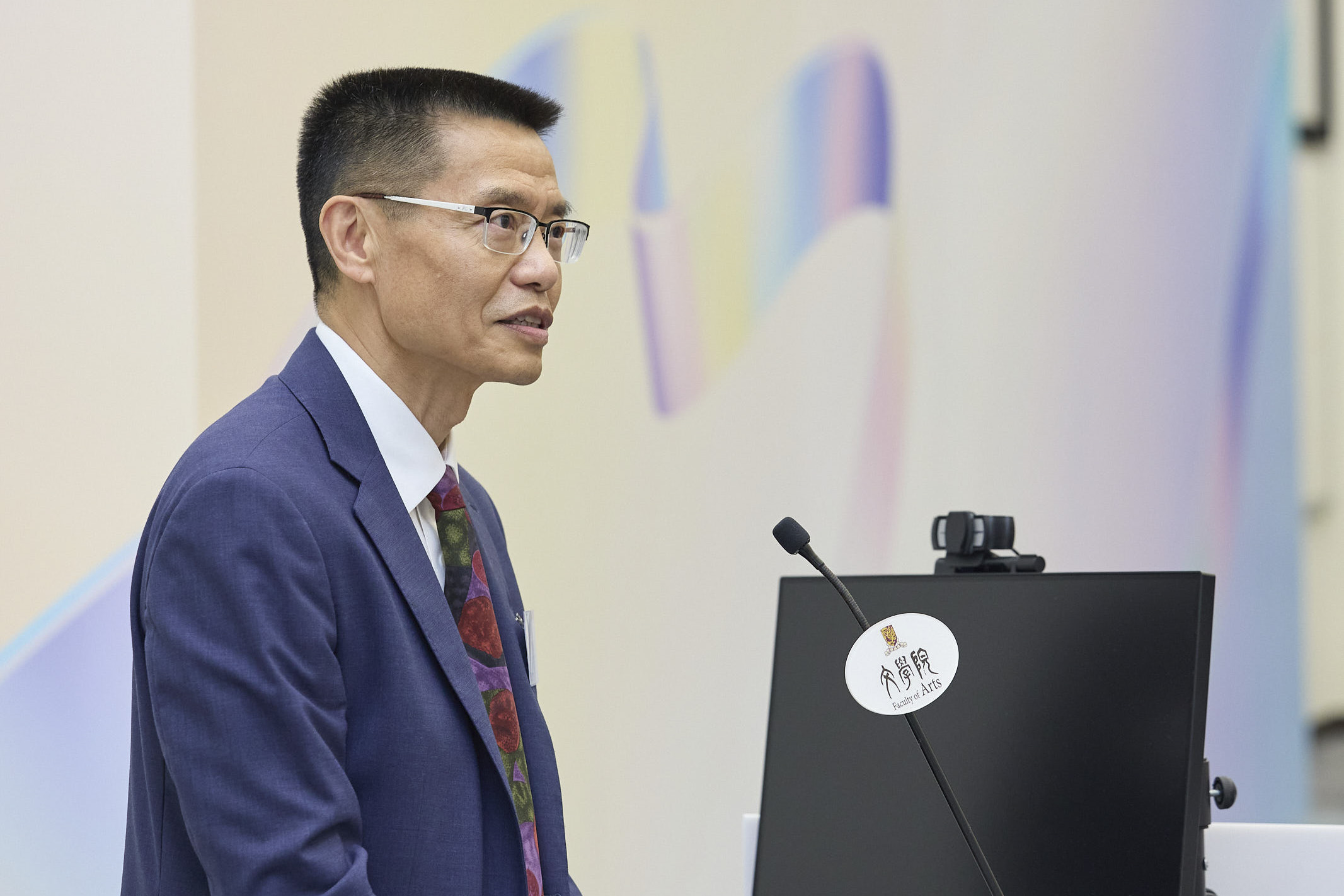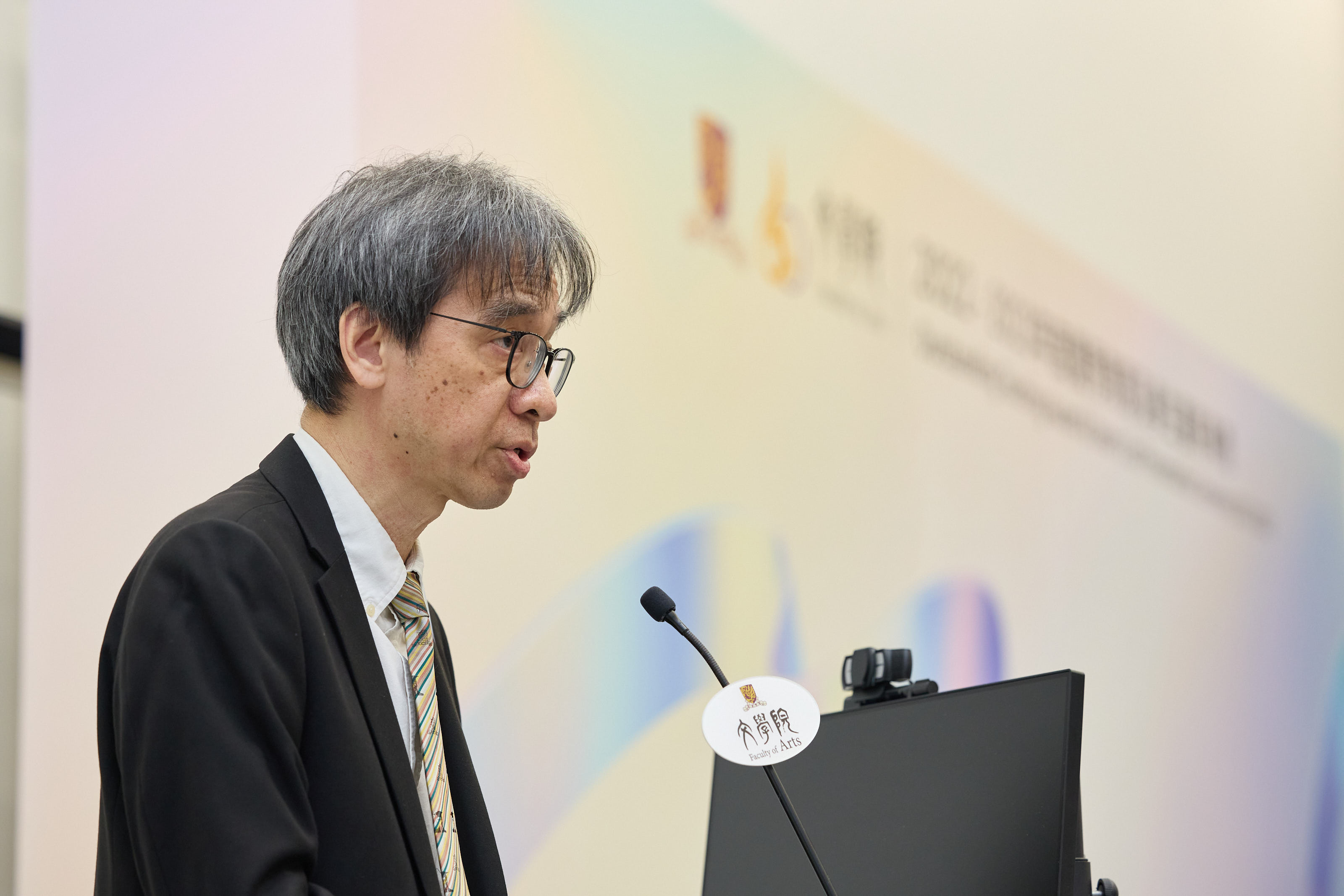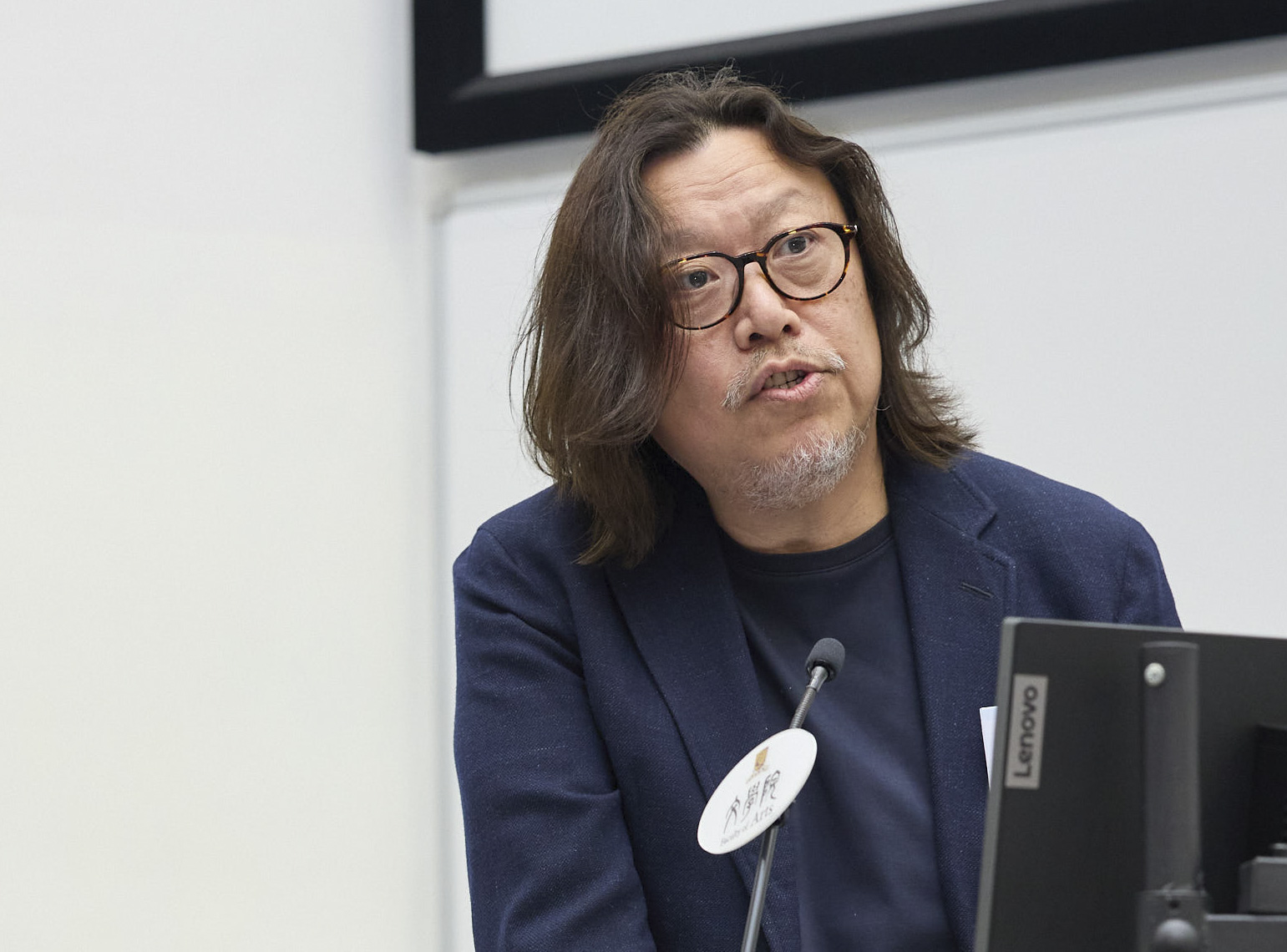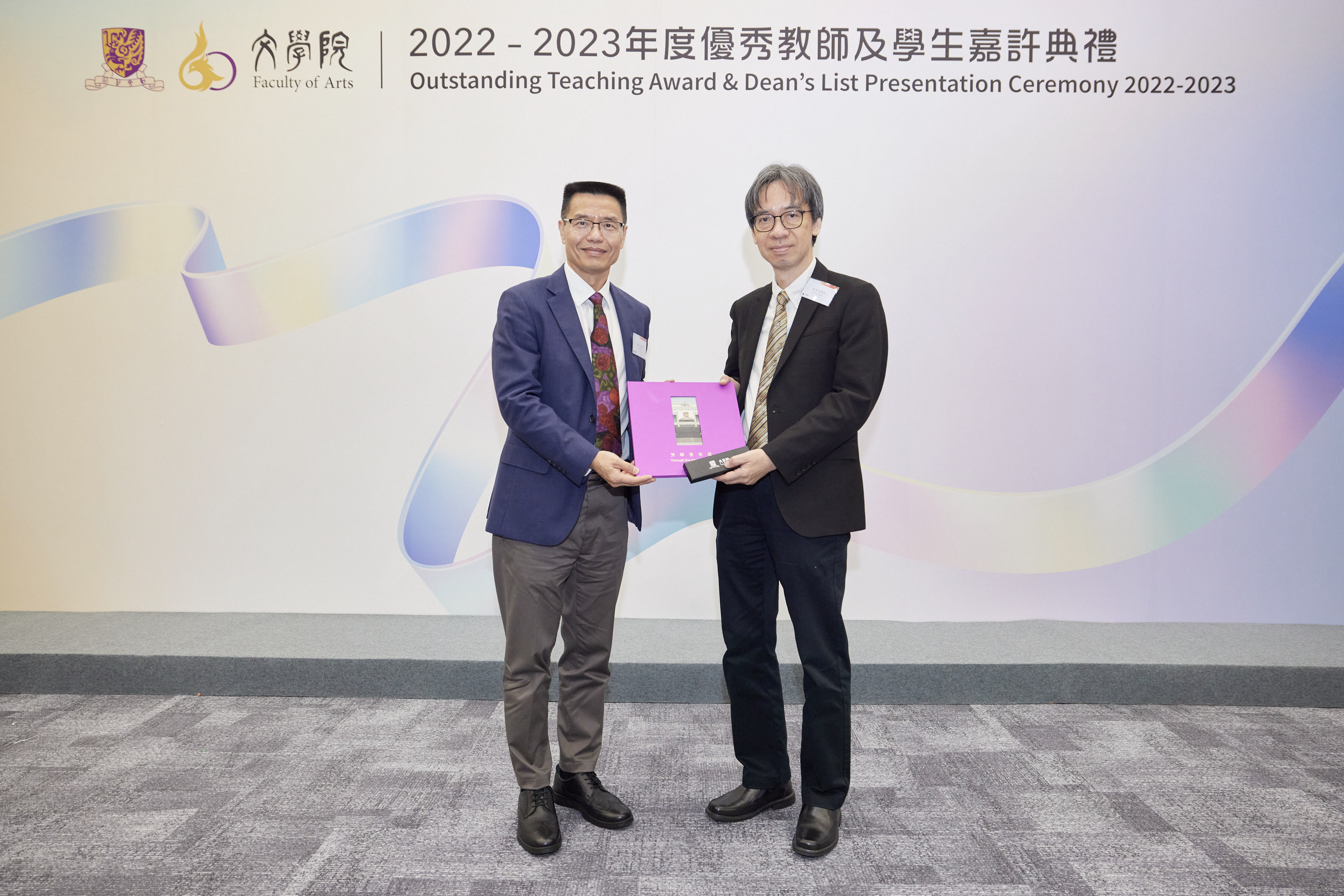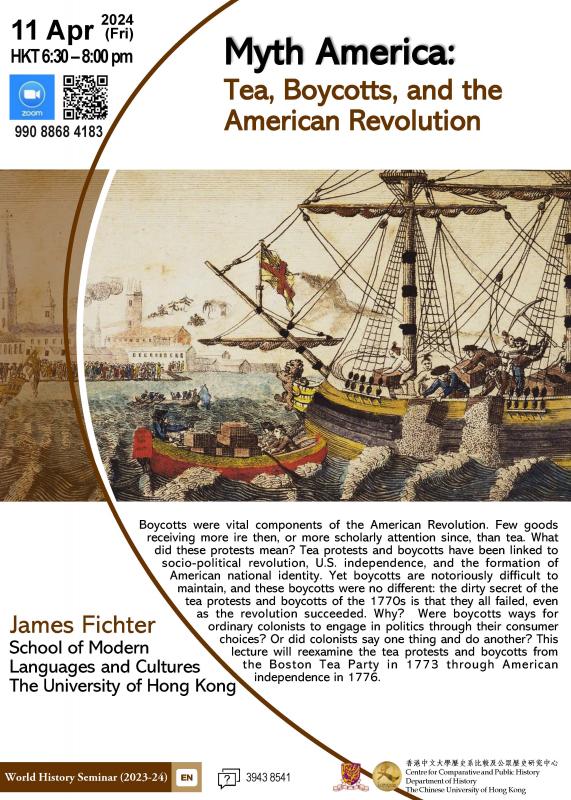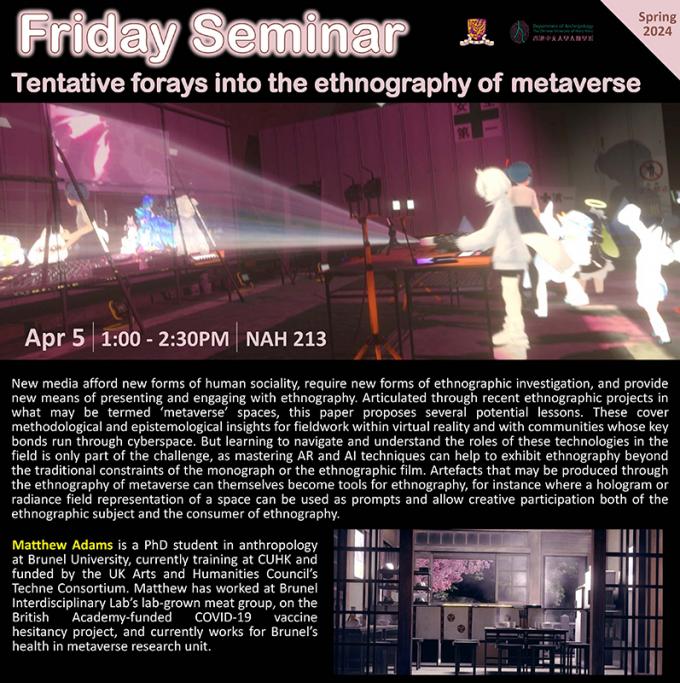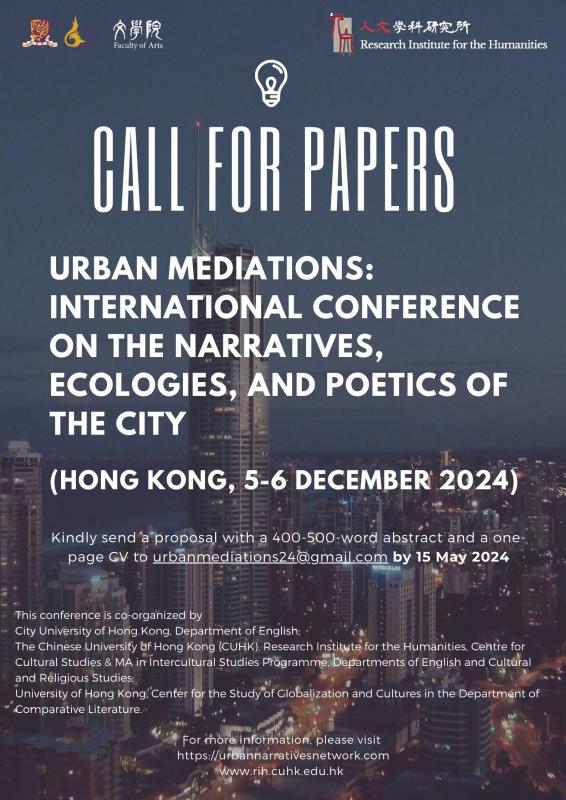Gareth Gaskell studied Experimental Psychology at Cambridge University, before moving on to a PhD in Psycholinguistics at Birkbeck College, University of London. He continued as a postdoctoral researcher at Birkbeck, before joining the scientific staff at the MRC Cognition and Brain Sciences Unit in Cambridge. Gareth moved to the Psychology Department in York in 1999 and is now a Professor of Psychology. He has strong interests in psycholinguistics, cognition, language development, developmental disorders, memory, and sleep, and he set
up the Sleep, Language and Memory (SLAM) lab at York. He has served as action editor for several journals including Journal of Memory and Language, and he is currently a grant assessment panel member for the Economic and Social Research Council (ESRC). He was awarded the 21st Experimental Psychology Society Mid-Career Award for his contribution to
Experimental Psychology.
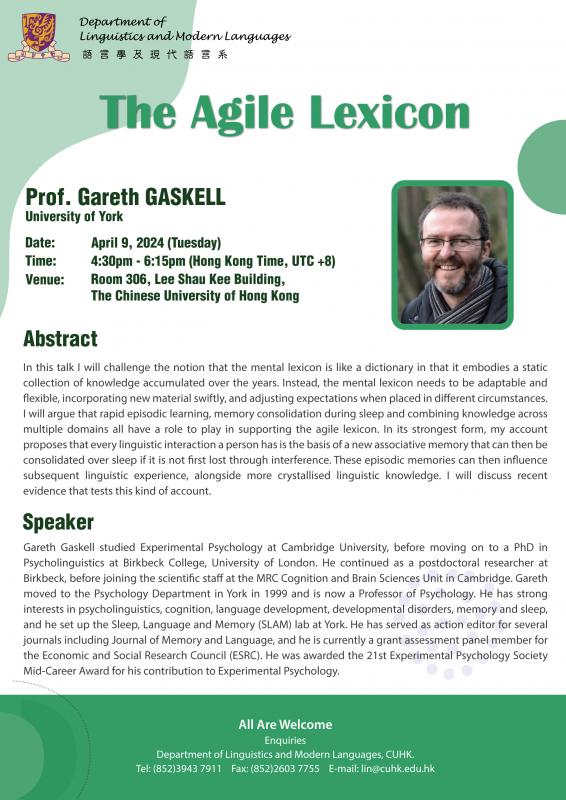
In this talk I will challenge the notion that the mental lexicon is like a dictionary in that it embodies a static collection of knowledge accumulated over the years. Instead, the mental lexicon needs to be adaptable and flexible, incorporating new material swiftly, and adjusting expectations when placed in different circumstances. I will argue that rapid episodic learning, memory consolidation during sleep and combining knowledge across multiple domains all have a role to play in supporting the agile lexicon. In its strongest form, my account proposes that every linguistic interaction a person has is the basis of a new associative memory that can then be consolidated over sleep if it is not first lost through interference. These episodic memories can then influence subsequent linguistic experience, alongside more crystallised linguistic knowledge. I will discuss recent evidence that tests this kind of account.
Department of Linguistics and Modern Languages
Room G17, G/F, Leung Kau Kui Building,
The Chinese University of Hong Kong, Shatin, Hong Kong
Tel: 3943 1516
Email: lin@cuhk.edu.hk


